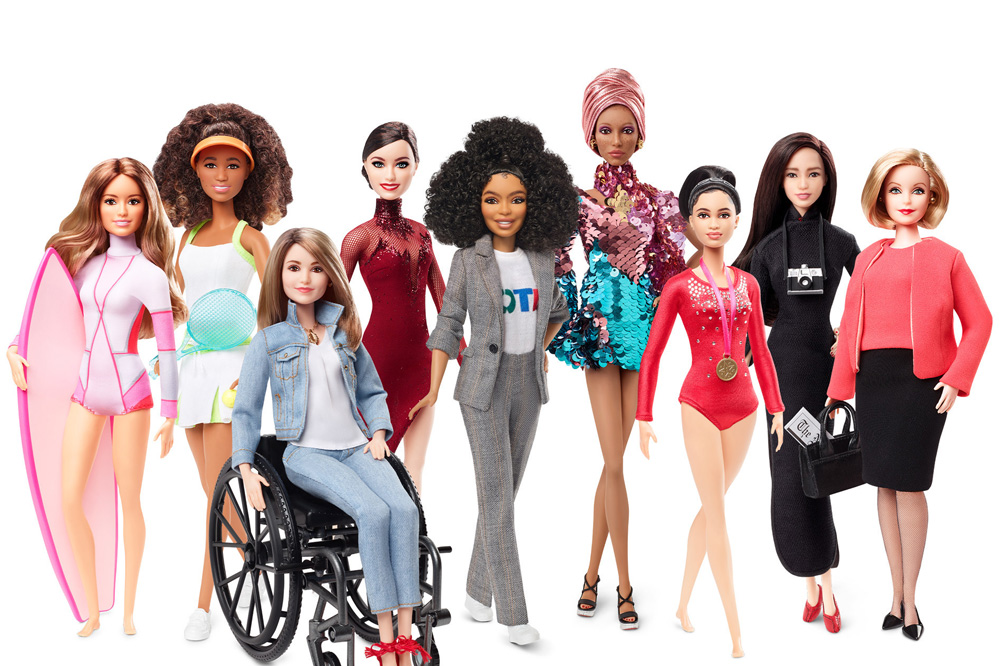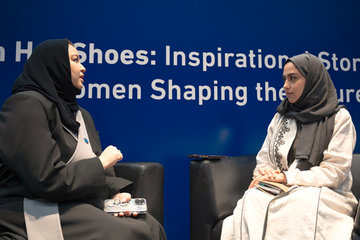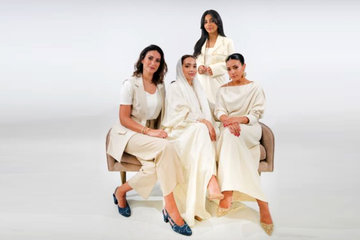
Mattel Barbie Doll Lineup
Influential women including artist and activist, Frida Kahlo, Iranian designer Layla Piedayesh, British Vogue cover star Adwoa Aboah and actress Yara Shahidi (and 17 more), each got the chance to be their own iconic Barbie doll.
Supermodel Aboah’s repertoire stretches much further than modelling for some of the world’s most renowned luxury brands – she is also the founder of Gurls Talk, an open online platform that invites women of any demographic to share their experiences in a judgement free space. Adwoa Aboah created the platform on the basis that if women were to come together, it would strengthen female bonds around the world and would be a space in which women could also inspire and influence one another in a positive way.
The 26 year old model said in a statement on Instagram about now being available as a Barbie doll, "All I hope is that some little girl out there sees this and realises that her wildest dreams are possible if she puts her mind to it. I hear you and see you, this doll is for you.” She continued, “Seeing my own doll that has my skin color, shaved head, freckles and my tattoo’s is beyond mad. I spent the majority of my childhood wishing for blonde hair, pining over Barbies light skin and blue eyes...All those years ago and I didn’t feel like I was represented anywhere." Not only is Adwoa a fashion inspiration to women around the world, her Barbie doll also dons some of her most iconic looks including the outfit that she wore at the 2017 Fashion Awards (when she recieved Model of the Year) and the sparkly Halpern sequin dress she wore with a pair of Louboutins and a pink turban by Stephen Jones.
Also part of Mattel’s Barbie “Shero” campaign was actress, model and activist, Yara Shahidi, who said of the project, "Let’s continue to inspire the next generation and each other. We need your voices and are watching you all Blossom and shine!”
The new Barbie collection also commemorates the Barbie brand’s 60th birthday and as a part of Mattel’s “Dream Gap Project”, which is explained, "Starting at age 5, many girls begin to develop limiting self-beliefs. They stop believing their gender can do or be anything. This is the Dream Gap, and this is the year Barbie begins working to close it," on their website, $1 from each Barbie sold is donated to organizations championing equal rights and gender equality for girls.

















